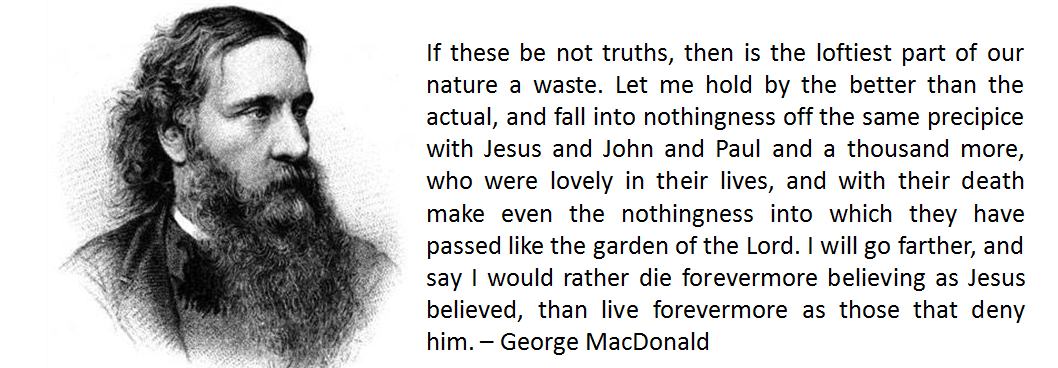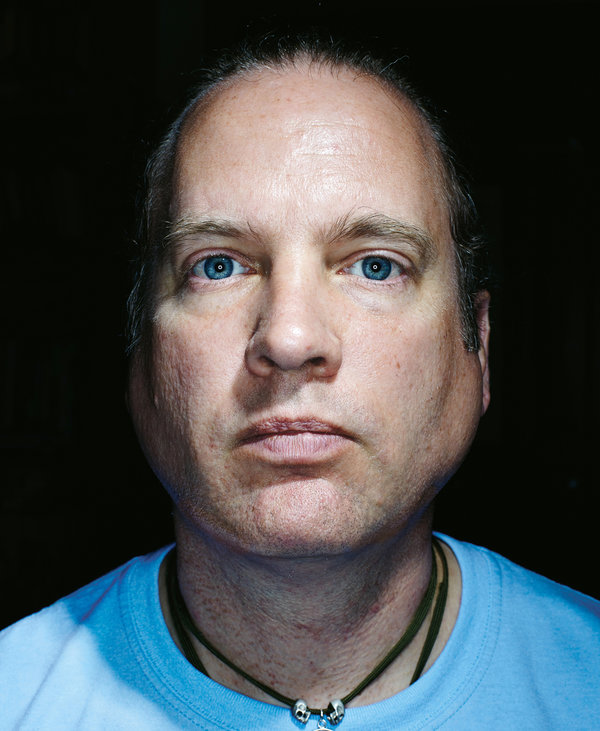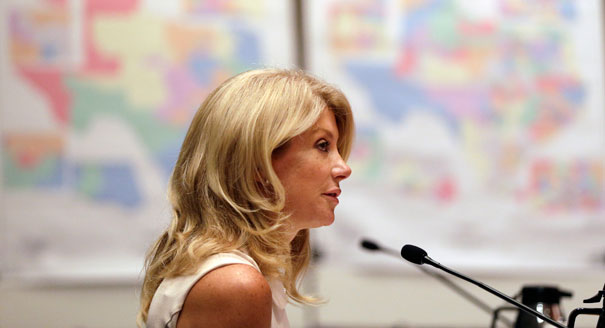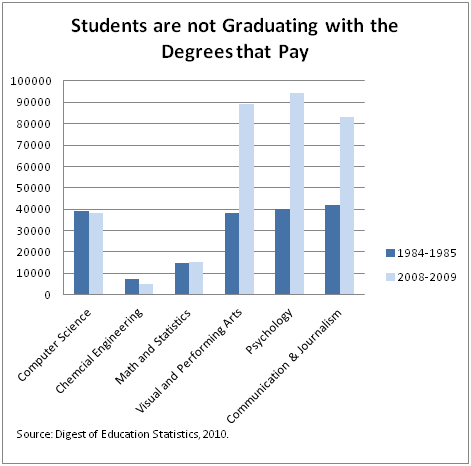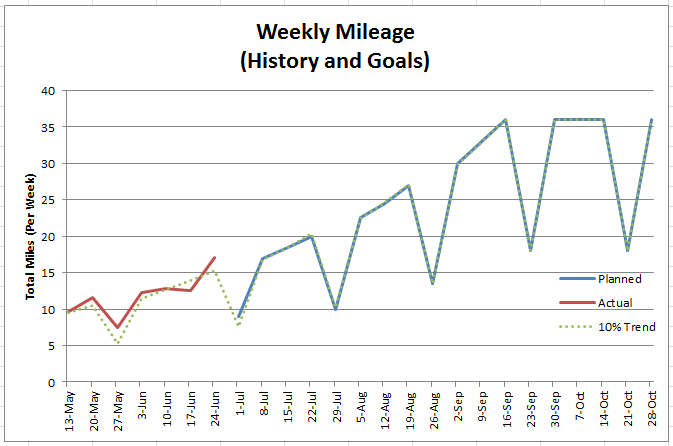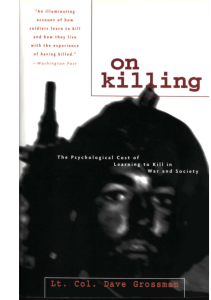This week’s post for Times And Seasons does double-duty. First of all, I’m trying to put into practice the idea I’ve discussed in the past that theology can be a form of worship. Second, I’m delving into one of my favorite topics, which is the connection between free will and existence as it pertains to the nature of God and the existential roots of objective morality. Sound interesting? Give it a read. If not, the quote above is probably the best part anyway, so your day has already been enlightened (by George MacDonald, if not by me).
Month: July 2013
These Drudge Headlines Annoy Me
Here’s the thing: what could Kerry be doing during the Egypt crisis that would actually help? Doesn’t Drudge spend a lot of time talking about how pointless and fruitless our sporadic interventions into the Middle East tend to be? We lent a hand in Libya and that got rather ugly (first Al Qaeda took credit for a lot of the victory, then there was the whole Benghazi thing when we tried to get our weapons back) and we haven’t lent a hand in Syria and that’s even worse. Seems that we’re damned if we do, damned if we don’t, so if Kerry wants to go yachting on the Fourth of July: good for him. I wish I had a yacht. That sounds fun.
I’m sure there are these things called cell phones if anything requires his attention and, to be quite honest, the thing that’s most interesting to me here is that he’s still apparently windsurfing at age 69. Not bad!
This kind of dumb “red meat” writing is why I end up finding more in common with the despised moderates and RINOs. It’s pointless, excessive, and probably hypocritical to boot.
I know you need to fill space, Drudge, but go find a real story. I’m sure someone was horribly murdered in an unusual way somewhere or something.
Nirvana, Soundgarden, and then US Special Forces
The New York Times has a long and fascinating article about Jason Everman, who played for and was then kicked out of first Nirvana and then Soundgarden, each time just before the bands really hit stardom. How do you recover from that fortune-whiplash? You join the army, become a ranger, and then join the special forces, apparently. Article doesn’t strike me as particularly insightful or impressive, but the story alone makes it worth the read.
Wendy Davis and the Sainthood of Planned Parenthood
So, America’s conception of Planned Parenthood is really, truly bizarre. This is an organization founded by a racist eugenicist which today has basically two reasons for existence: to prevent pregnancies or end pregnancies. And yet, with copious use of the color pink and little else, the organization has managed to pass itself off as some kind of women’s health organization, despite the fact that, you know, it doesn’t actually provide many medical services at all. Everyone went nuts when Komen temporarily pulled their Planned Parenthood donations because Where are poor women going to get their mammograms!? I don’t know, but since Planned Parenthood doesn’t offer mammograms it’s kind of a weird question. In face, they don’t do any cancer screening of any kind. Why was Komen giving them money again? Who knows, but here’s your pink ribbon.
DailyBeast: I Don’t Stand With Wendy Davis
So I’ve got my own take on the Wendy Davis / Texas abortion law thing coming out tomorrow, but in the meantime this is another great piece on the topic.
One can assume I am also not the only woman in America who is really tiring of the Wendys of the world claiming to represent “women’s rights” in their quest to mainstream a medical procedure—elective late-term abortion—that most of the civilized world finds barbaric and abhorrent. In many European countries, you can’t get an abortion past 12 weeks, except in narrow circumstances.
The Problem with High Tuition and Student Loans
Take a look at the chart, folks.
It’s an old chart from a Marginal Revolution post back in 2011, but WalkerW (who comments here at DR) just showed it to me the other day. And I mean, come on. We’ve got less comp sci grads, but we’re doubling down on Visual and Performing Arts, Psychology, and Communications & Journalism? Who are these people, and what do they think college is for? The idea of a liberal arts education–that you go spend four years living the life of the mind–is quaintly romantic I suppose, but it’s also (in no particular order):
- Dangerous
- Elitist
- Deceptive
Snowden, Wikileaks, Putin, Oh My!
Most of what I read about Snowden makes me think that no one knows what’s really going on. Or, phrased differently, the folks who do know what’s going on aren’t talking. Still, here are two interesting theories that I thought were interesting enough to share.
My Running Plan
Sorry if this post is unusually navel-gazing of me, but I’ve got lots of friends who have a lot more experience than I do running and I’m hoping to get their feedback. I started running regularly back in May and I’ve been trying hard to increase at a slow, steady pace so that I don’t injure myself (which is what I did when I started running last year, and I hated it). I’ve done 7 weeks now, and everything was going great until I ran into some moderate pain after my run on Saturday.
I iced my leg on Saturday and then again a couple of times on Sunday and today I opted for my circuit training instead of running, but I decided I wanted to get a more organized plan. I was partly inspired by this article about a Richmond area woman who is running the Tour de France route. No worries, I’m not planning any extreme events because I also read this article about how extreme endurance running can actually cause trauma to your heart. My main goal–other than the sheer love of running–is to be live a long, active life so that my kids have me around for a long time. Apparently, somewhere around 20 miles / week is the optimum there, which is lower than I expected. So here’s my plan.
The red line is my actual weekly mileage total for each of the last 7 weeks. The green dotted line is what happens if I apply the pattern that Zoe Ramano used for her training: increasing by 10% a week but using every 4th week as a recovery week. (I don’t know how much she cut mileage for those weeks, I cut mine down to half of the prior week.) The blue dotted line is what I’m planning on running from now on (starting with a recovery week right now to go easy on my leg), and so it pretty much matches the green dotted line from here on out.
I keep the 10% increases going until I hit 36 miles because running 6 miles 6 times a week sounds like fun to me. I figure at some point I’ll probably modify that, maybe by picking up swimming or something for the winter months, but for now it’s just a goal to shoot for. Along the way, I’m cutting back on the total mileage per run and running more frequently during the week. The 17.11 miles I did last week were in three runs, the 17 miles I’m going to do next week will be split across 4, and I’m planning on increasing slowly to 6 days a week while keeping per-run mileage more or less constant before I start to ratchet up the miles again.
So… what do y’all think about this plan?
Monday Morning Mormon Madness: Embodiment and Killing
This morning’s post at Times And Seasons is live. It’s a review of Lt. Col. Dave Grossman’s epic non-fiction study On Killing: The Psychological Cost of Learning to Kill in War and Society (which everyone should find interesting) and also how it relates to the distinctly Mormon belief that a spirit + mortal body is a step up from a spirit alone (which is of narrower interest).
If that piques your interest, give it a read! Leave comments there if you’d like to discuss it. (I’m turning them off on this post.)
The Societal Benefits of Monogamy
In a long-running discussion about same-sex marriage, one of the participants asked a simple question. It was (paraphrasing): What’s so great about monogamy, anyway? The answer, in part, is that:
…imposing monogamous marriage reduces male reproductive competition and suppresses intra-sexual competition, which shrinks the size of the pool of low-status, risk-oriented, unmarried men. These effects result in (i) lower rates of crime, personal abuse, intra-household conflict and fertility, and (ii) greater parental investment (especially male), economic productivity (gross domestic product (GDP) per capita) and female equality.
That’s the conclusion from an academic study summarized by Rob Brooks at The Conversation.
Another interesting thought–not fully developed in the article–is that the prevalence of polygynous cultures combined with their relatively dismal track record implies that monogamy is a social innovation that doesn’t emerge directly from human nature. In other words, men by nature want lots of sexual partners and so most societies try that out. Those societies that actually try monogamy, however, found that although it runs counter to the biological aspirations of men it’s actually a better arrangement for everyone.
